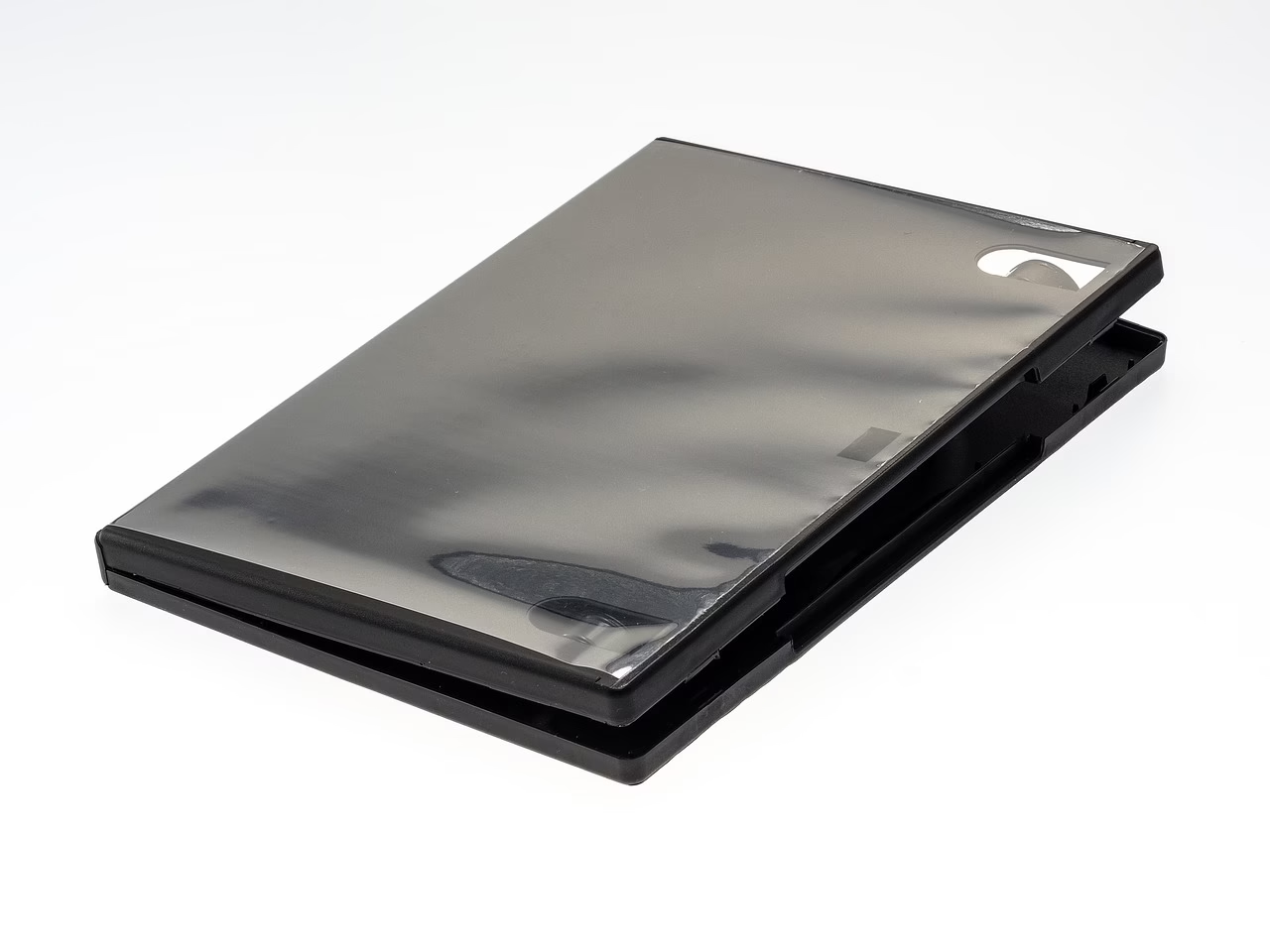
Blue Collar Workers Add AI to Their Toolboxes
In an industry often celebrated for hands-on expertise, precision, and grit, a subtle revolution is underway. Blue collar workers—electricians, plumbers, welders, machinists, and many others—are incorporating artificial intelligence (AI) into their daily workflows. Far from replacing the skilled labor or craftsmanship that defines their professions, AI is enhancing how these workers diagnose problems, optimize schedules, and elevate safety, proving that technology’s most transformative impact is often found in collaboration rather than substitution.
From Analog to Algorithm: The New Tools on the Jobsite
Traditionally, blue collar work depended heavily on manual skills, experience, and intuition. Yet, with the advent of accessible AI-powered tools, the landscape is shifting. Today, workers are not only wielding hammers, wrenches, and drills but also integrating smart diagnostics apps, augmented reality (AR) overlays, and predictive analytics into their toolboxes.
For example, inspectors might use AI-enhanced cameras to detect structural issues invisible to the naked eye. Electricians deploy AI-driven thermal imaging to pinpoint overheating circuits before failure. These tools act as a powerful second set of eyes—identifying risks early, reducing errors, and protecting both workers and end users.
Practical Gains: Efficiency, Safety, and Upskilling
The practical impact of AI adoption among blue collar tradespeople is palpable. AI-driven scheduling platforms streamline dispatch and resource allocation, minimizing downtime and ensuring projects stay on track. Predictive maintenance sensors alert technicians to potential machine failures before costly breakdowns occur, saving money and reducing emergency calls. In hazardous environments, AI-powered wearables monitor vital signs and environmental conditions, providing real-time alerts to avoid accidents.
However, these advanced tools require a new set of skills. Workers are increasingly participating in digital literacy and AI-awareness training, a vital step that goes beyond rote learning. This upskilling empowers them to interpret AI outputs critically, understand their limitations, and integrate them effectively within their workflows with confidence.
Bridging the Tech Divide: Real-World Challenges and Opportunities
Despite these advances, the integration of AI in blue collar work is not without challenges. The biggest barriers are often connectivity issues on remote sites, costs of new technology adoption, and cultural resistance to change. Successful initiatives focus on co-designing AI tools with workers themselves—ensuring the technology addresses real problems on the ground and respects the expertise of the human operator.
It’s also crucial to prioritize transparent, explainable AI systems. Workers must trust that the tools supplement rather than supplant their judgment, supporting a collaborative rather than adversarial relationship. When done right, this fosters a culture of innovation where blue collar workers feel valued as indispensable partners in tech-driven solutions.
A Human-Centered Future for Skilled Trades
The story of AI among blue collar workers is a profound case study in responsible innovation. It reminds us that technology’s ultimate value lies in its ability to improve lived experiences and advance human potential. Rather than imagining blue collar trades as relics in the face of automation, we witness a hands-on embrace of intelligent tools that elevate craftsmanship to new heights.
This fusion of human skill and AI intelligence is not about machines taking over—it’s about workers gaining supercharged capabilities, safer environments, and new economic opportunities. It’s a timely lesson that the future of work will be forged in partnership between human insight and machine assistance, no matter the trade.
“In the intersection of AI and blue collar labor, we find a frontier not of replacement, but of empowerment — where tradition meets innovation, and tools extend human potential.”

RELATED POSTS
View all



